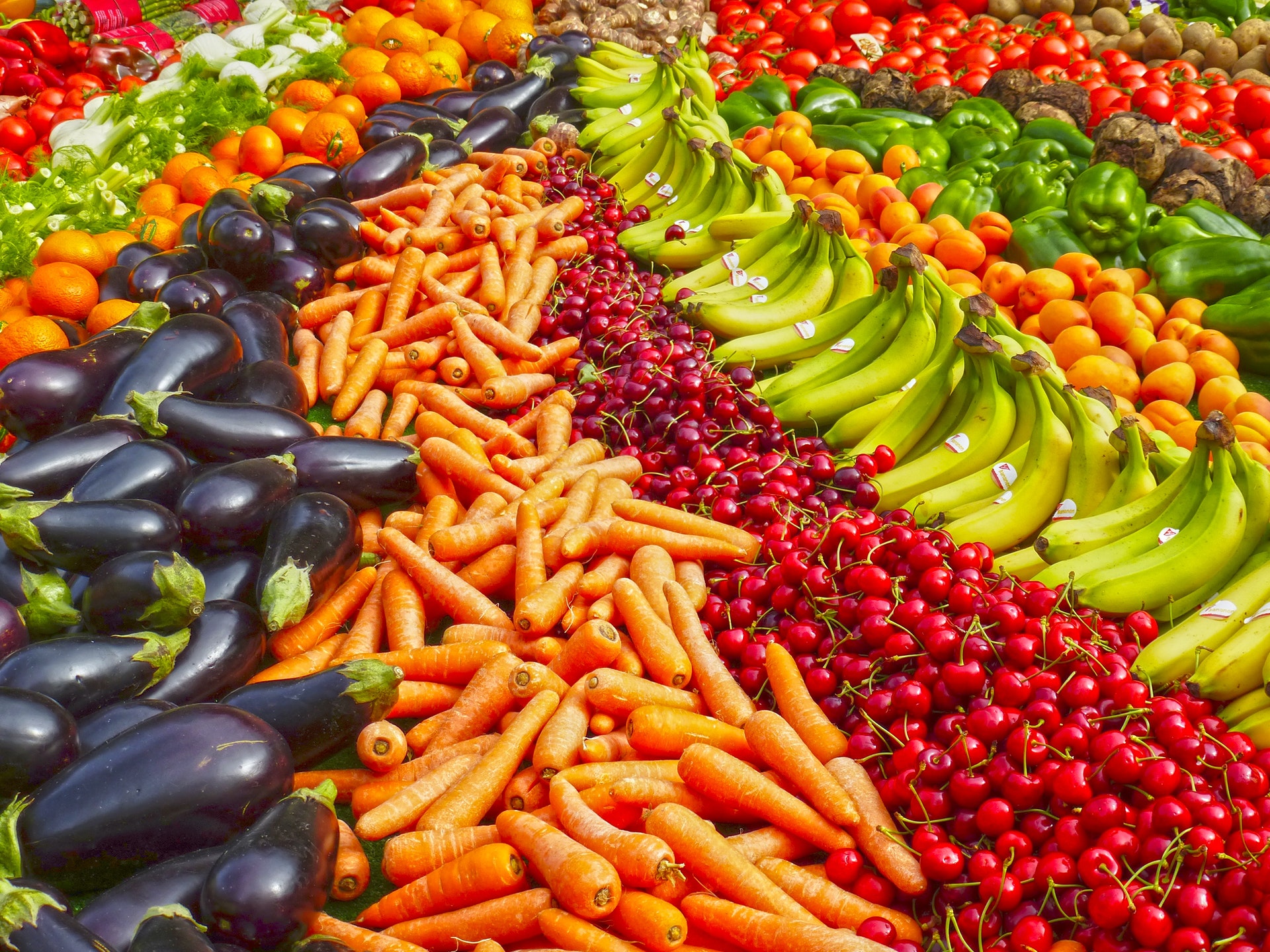
Body + Mind is reader-supported. We may earn an affiliate commission when you buy through some of the links on our site.

You know that antioxidants are good for you. It’s one reason eating a plant-based diet can improve your overall health — you’ll find them in fruits and vegetables.
What do antioxidants do for the body? Read on to discover the science behind the benefits.
To understand what antioxidants do for the body, you have to hit the rewind button and go back in time to many of the scientific principles you learned in high school. Every organ in your body is made up of cells, so it’s vital to keep them healthy. Antioxidants can prevent some of the cellular damage that occurs from exposure to everyday toxins.
They do so by neutralizing the damaging power of free radicals. To understand the mechanism, you have to go inside your cells to the molecular level. Each molecule contains at least one electron, but they typically run in pairs.
Free radicals are highly unstable molecules missing one of their electron pairs. Like lonely hearts on a dating game, they seek a mate wherever they can find one — often, from otherwise healthy cells. Thus, they destabilize a part of your cell, often causing cellular damage or death.
Free radicals can arise from byproducts of natural body processes. Frequently, they come from external toxins such as cigarette smoke or car exhaust, They also come from exposure to UV rays.
Once inside your body, they can multiply, leading to widespread problems. Free radicals cause oxidative stress, a condition associated with everything from Parkinson’s disease to cancer to cataracts.
Antioxidants work by neutralizing free radicals by lending them the missing electron. Once these molecules stabilize, it mitigates their harmful effect on your body.
As a result, you become less susceptible to disease. Getting sufficient antioxidant intake could potentially extend your lifespan.
How can you reap the benefits of antioxidants? Fortunately, it’s simple — increase the number and variety of fruits and vegetables in your diet.
That doesn’t mean you need to become a vegan or vegetarian, although reducing your red meat intake is wise for many people. You can find sneaky ways to increase the plant-based food variety in your diet with the following tricks:
If you spend a small fortune on anti-aging products, you’ve undoubtedly seen various lotions and serums labeled “rich in antioxidants.” Your skin is your body’s largest organ, and it’s also made up of cells, so it makes sense to advertise the benefits. However, do these microscopic miracle substances work as well when topically applied as they do inside your body?
According to David H. McDaniel, an adjunct professor of biological sciences at Old Dominion University specializing in antioxidant research, these substances are the foundation of skin rejuvenation. They can help filter some of the pollutants that your typical SPF doesn’t touch. You can use them to brighten dark spots and prevent the damage that leads to wrinkles and skin cancer at any age.
The best approach for anti-aging is a one-two punch of increasing your oral antioxidant intake while slathering them on your skin. While scientists need to perform more research to find the precise levels, a combination of antioxidants like vitamin E, vitamin C and selenium led to an improvement in the absorption level of free radicals within four weeks.
Slathering them on topically increases the concentration in the skin — where you want antioxidants the most. Topical vitamins C and E and selenium protect against sunburn and skin cancer and reverse dark pigmentation and mild wrinkles associated with aging. However, you must buy products that contain these ingredients in sufficient quantities — you’ll want a 20% concentration of vitamin C for maximum effectiveness, for example.
Now that you understand what antioxidants do for the body, you have more incentive to switch to a plant-based diet and take your vitamins. Understanding the science behind the benefits allows you to take charge of your health.
Your email address will only be used to send you our newsletter, and at any time you may unsubscribe. For more information, see our Privacy Policy.